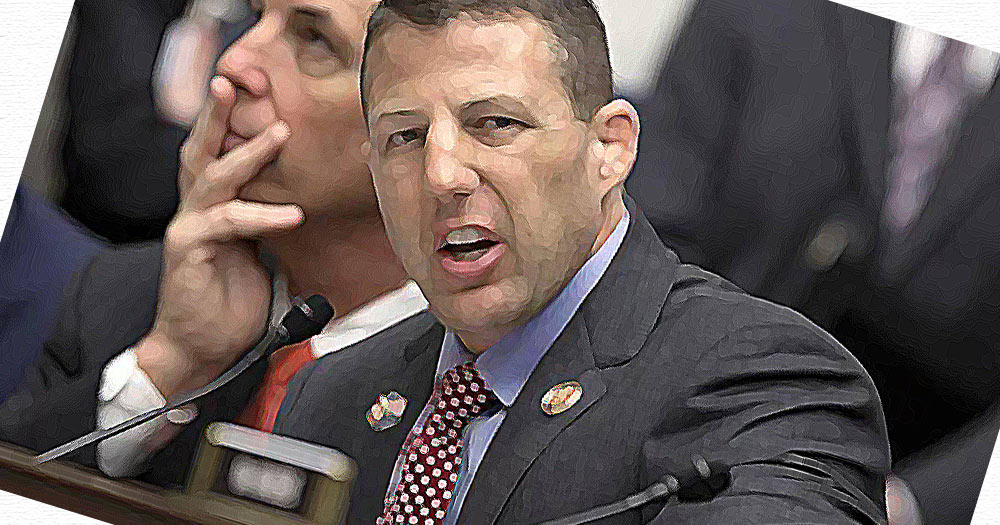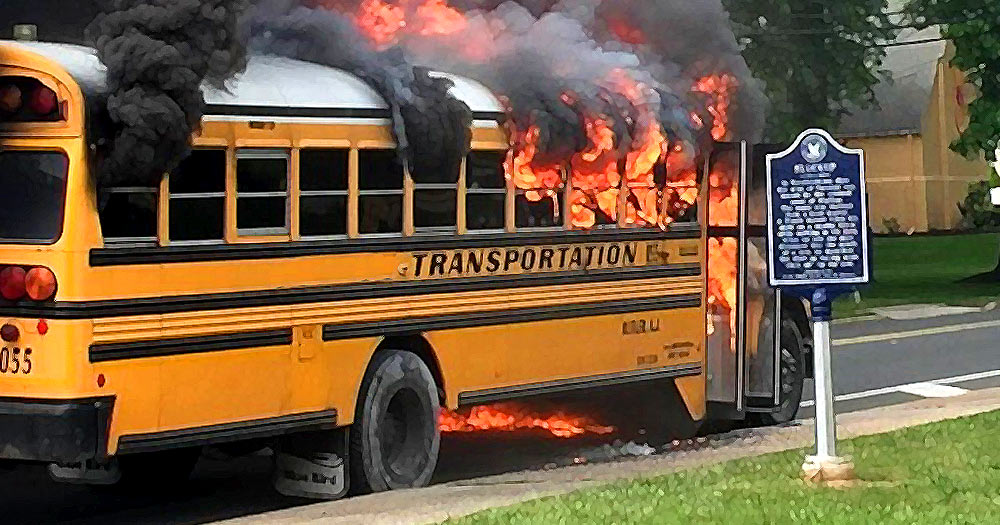You’ve heard the adage: “the perfect is the enemy of the good.” This can be true in politics, where opposing an ameliorating reform because it is not ideal means, sometimes, getting stuck with unmitigated policy disasters.
But there’s a corollary: in politics the worst is likely to emerge … when practiced compromisers succumb to fearing the best, because unpalatable, or perhaps not in line with political interests.* Trying to avoid the “best is the enemy of the good,” we’re left with the outrageously awful.
Cures worse than the disease are not uncommon. The Democrats’ “Affordable Care Act” (ObamaCare) was a clumsy, badly drafted hodgepodge designed to fix problems by doing the opposite of what made sense.
And it immediately started having ill effects, pushing up costs for many, many health-care and medical insurance consumers.
No wonder Republicans ran year after year promising repeal.
But now that Republicans have the chance for a real cure, they’re chickening out. The Senate just debuted their ObamaCare replacement. And Senator Rand Paul (R‑Ky) calls it “worse than ObamaCare.”
Why worse?
Because Republican politicians are better at promising than delivering. Fearing how those who directly benefited from ObamaCare might squawk, and how badly the GOP would be treated in the media because of this, moderates went with what they know: snake oil.
Fortunately, Rand Paul’s opposition may kill the bill. If one other senator joins Dr. Paul — and Sen. Susan Collins (R‑Maine) who announced her opposition for other reasons — in not voting for the monster, it will not pass.
Which is great, because going for a cure worse than the previous cure leaves us all with the worst possible outcome.
This is Common Sense. I’m Paul Jacob.
* Like many cures. Politicians these days no longer have the knack for the necessary “spoonful of sugar” to help medicine go down. They prefer distributing just sugar pills.











